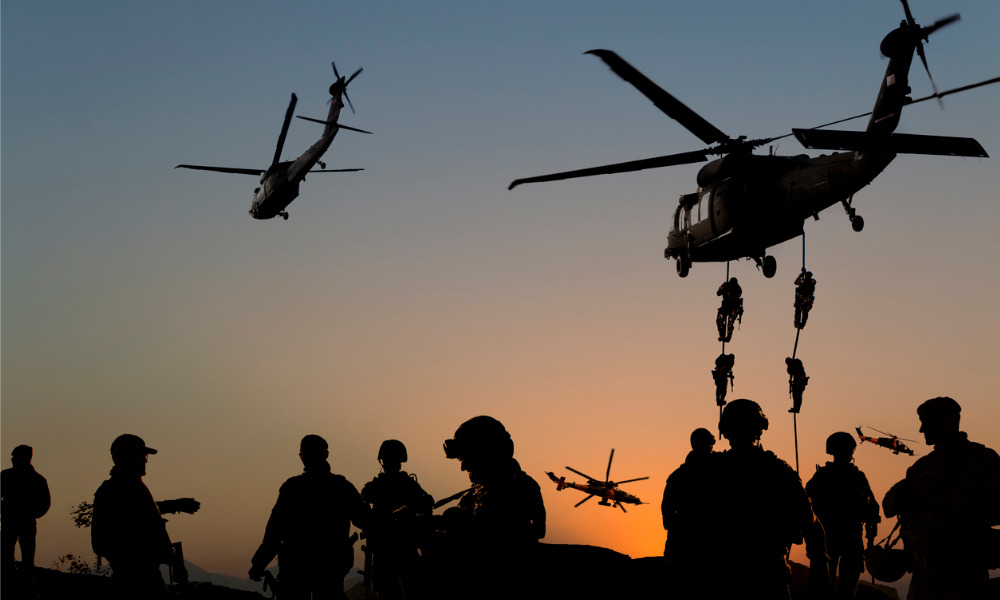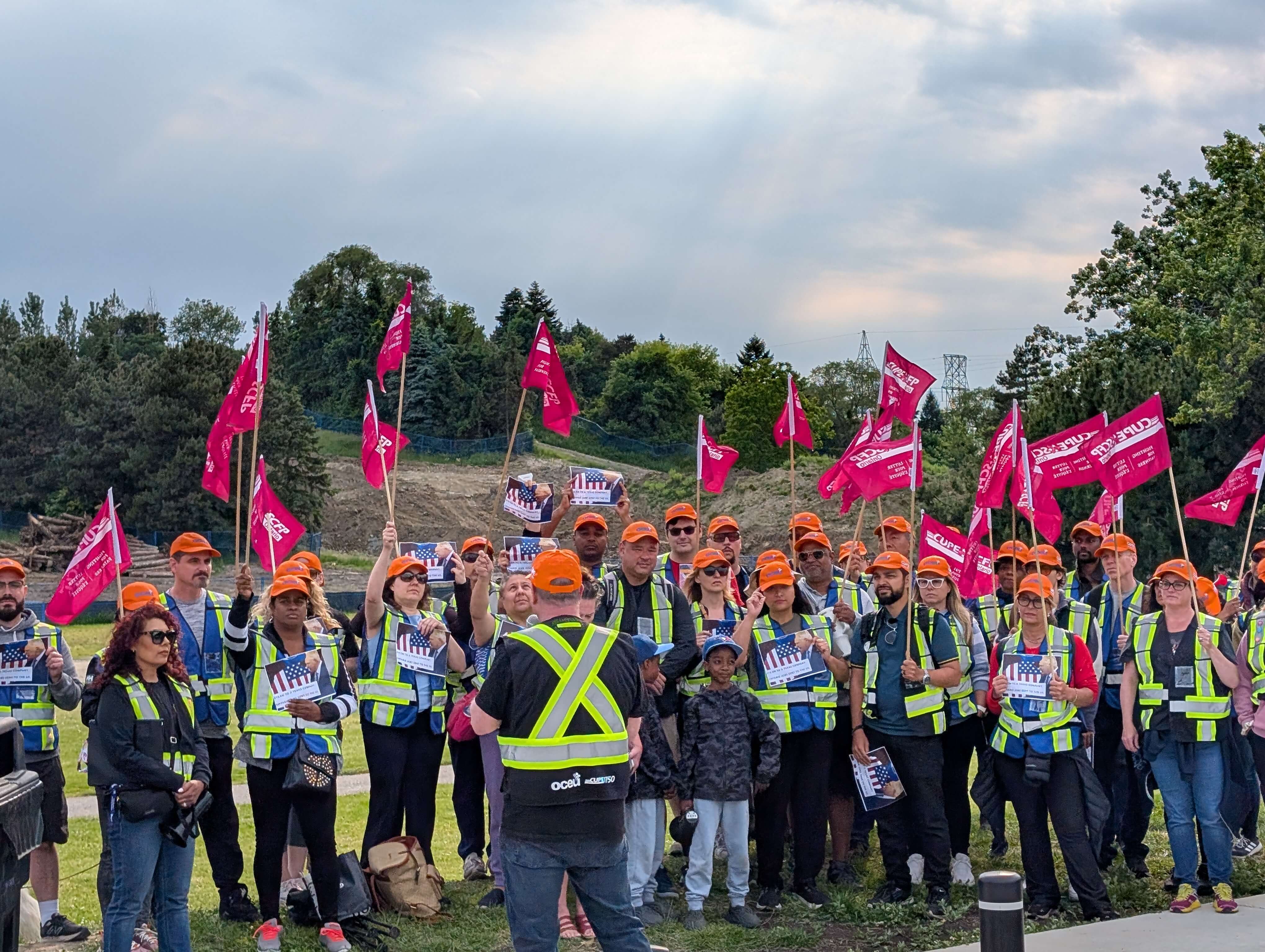Language and cultural advisers from Afghan war finally get second chance for PTSD benefits

The Ontario Workplace Safety and Insurance Board (WSIB) has agreed to take a second look at the cases of at least six former Afghan war advisers who were initially denied post-traumatic stress benefits.
These language and cultural advisers performed some of the most dangerous and dirty work of the war, going covertly into Taliban-controlled villages to gather information, translating, eavesdropping on insurgent radio communications, and guiding commanders through the complicated cultural nuances of the war-ravaged province of Kandahar.
They are Canadian citizens of Afghan origin, specifically recruited by the army, and as civilian contractors who worked for the Department of National Defence (DND), they were not entitled to veterans' benefits.
After CBC News did a series of stories in 2019 about their plight and the Canadian Forces ombudsman took up their cause, DND shuffled them to the Ontario WSIB.
Over the past year, the WSIB has denied their benefits claims one by one, with case workers overruling the assessments of psychiatrists and social workers.
However, after CBC News asked DND and the WSIB for comment, the workplace injury board abruptly changed course.
Jeffery Lang, president and chief executive of the WSIB, said in a media statement that the files of Afghan language and cultural advisers who were denied benefits will now get a second look.
"The work people do on behalf of Canada in war-torn countries is incredibly courageous and we should all be deeply grateful," he said. Lang said the board will be in touch with each of the individuals to discuss the review process in more detail.
CBC News reviewed the files and the WSIB letters of six former language and cultural advisers. In each case, the men were sent to Homewood Health Centres for assessment; five of the six were diagnosed with post-traumatic stress disorder directly related to their overseas service. In the sixth case, a former adviser was diagnosed with a "severe level of functional difficulties" related to his "occupational role" in Kandahar.
In all six cases, case workers overruled the findings and denied the advisers WSIB benefits.
All of them received letters that said their case worker was "unable to establish that the traumatic events you experienced while working at the Department of National Defence … caused or significantly contributed to your mental stress injury."





